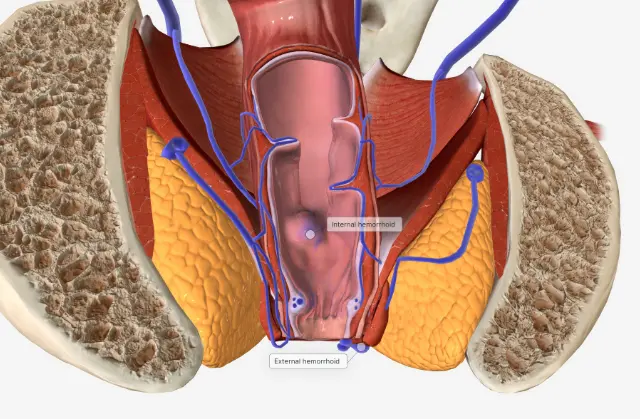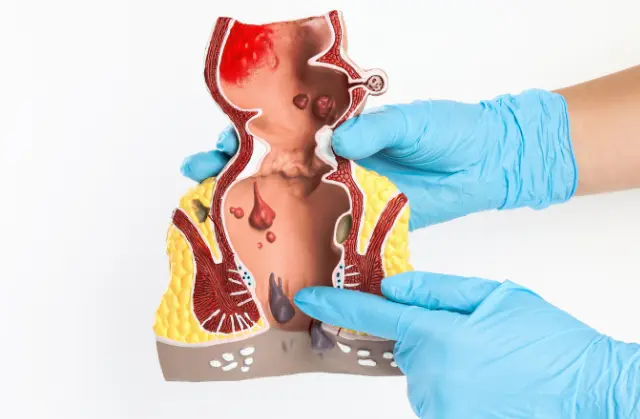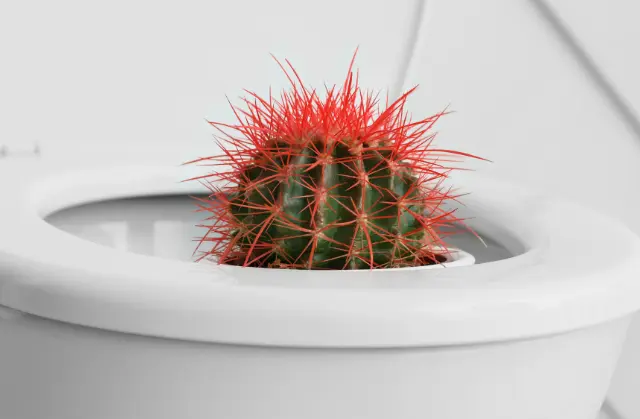Introduction
When it comes to conditions affecting the anal region, terms like piles, fistula, and fissure are often used interchangeably, leading to confusion. However, these are distinct conditions with unique characteristics and treatments.
In this blog, Dr. Pramod D. Bahekar will delve into the differences between piles, fistula, and fissure to provide clarity and help you better understand these common but often misunderstood health issues.
Piles (Hemorrhoids)
Piles, also known as hemorrhoids, are swollen blood vessels located in the rectum or anus. They can be internal or external and are often caused by increased pressure in the lower rectum. Common factors contributing to piles include straining during bowel movements, obesity, and pregnancy.

Symptoms of Piles:
- Bleeding during bowel movements
- Itching or irritation in the anal region
- Pain or discomfort
- Swelling around the anus
Treatment for Piles:
- Lifestyle changes (increased fiber intake, staying hydrated)
- Topical creams or ointments
- Sitz baths (warm baths to ease discomfort)
- In severe cases, surgical procedures may be recommended.
Fistula
A fistula is an abnormal connection or tunnel that forms between two organs or between an organ and the skin. In the context of the anal region, an anal fistula typically develops as a result of an untreated anal . The abscess can rupture, creating a passage (fistula) between the anal gland and the skin around the anus.

Symptoms of Fistula
- Persistent anal discharge
- Pain and swelling around the anus
- Recurrent anal abscesses
Treatment for Fistula
- Surgical intervention is often required to treat fistulas.
- Procedures may include fistulotomy (cutting open the fistula tract) or placement of a seton (a thread to help drain the abscess and keep the fistula open).
Fissure
An anal fissure is a small tear or cut in the lining of the anus, typically caused by the passage of hard or large stools. Fissures can be acute or chronic and are often associated with pain during bowel movements.

Symptoms of Fissure
- Intense pain during bowel movements
- Bleeding during or after bowel movements
- Itching or irritation in the anal region
Treatment for Fissure
- Conservative measures include dietary changes (increased fiber, adequate hydration)
- Topical medications to relax the anal sphincter and promote healing
- In severe cases, surgery may be recommended.
Conclusion
awareness of the specific attributes of piles, fistula, and fissure is paramount for accurate diagnosis and effective treatment. If you suspect you are experiencing any of these conditions, seeking guidance from a healthcare professional is essential. Dr. Pramod D. Bahekar, renowned as the Best Piles Surgeon in Dombivli, has been treating patients with Piles, Fissures and Fistula for more than 20 years.
Remember, early intervention and lifestyle adjustments can significantly contribute to the management and prevention of these anal health issues. At Amrut Hospital, your well-being is in expert hands with Dr. Pramod D. Bahekar.
